The political landscape of India witnessed contrasting outcomes in two key bypolls held in November 2025. In Jammu & Kashmir, the National Conference (NC) suffered a double defeat, losing both seats it contested in the bypolls, while in Rajasthan, the Congress party secured a notable win, strengthening its position ahead of the upcoming assembly elections. These results highlight the shifting dynamics of regional politics and the challenges faced by traditional parties in maintaining their strongholds.
🧠 Key Highlights of the Bypoll Results
| Attribute | Details |
|---|---|
| Location | Jammu & Kashmir, Rajasthan |
| National Conference Outcome | Lost both contested seats |
| Congress Outcome | Won Rajasthan bypoll seat |
| Date of Results | November 14, 2025 |
| Political Impact | NC faces setback in J&K, Congress gains momentum in Rajasthan |
📊 Jammu & Kashmir Bypolls – National Conference’s Double Defeat
| Constituency | Winner Party | NC Candidate Performance | Margin of Defeat |
|---|---|---|---|
| Anantnag | PDP | NC finished second | ~12,000 votes |
| Baramulla | Independent backed by Apni Party | NC finished third | ~8,500 votes |
The NC’s defeat in both constituencies underscores the growing influence of regional rivals like the Peoples Democratic Party (PDP) and the Apni Party, which have been steadily consolidating their voter base in the Valley.
🗣️ Reactions from Jammu & Kashmir
- NC Leaders: Expressed disappointment, citing organizational weaknesses and voter fatigue.
- PDP Leaders: Celebrated the victory as a sign of renewed trust in their leadership.
- Political Analysts: Pointed out that NC’s traditional stronghold is weakening due to fragmentation of votes and rising influence of newer parties.
📈 Rajasthan Bypoll – Congress Victory
| Constituency | Winner Party | Runner-Up Party | Margin of Victory |
|---|---|---|---|
| Kota South | Congress | BJP | ~9,000 votes |
The Congress party’s win in Rajasthan is seen as a morale booster, especially as the state heads towards assembly elections in 2026. The victory reflects effective grassroots campaigning and consolidation of support among rural and urban voters.
🗣️ Reactions from Rajasthan
- Congress Leaders: Called the win a “clear message” of voter confidence in their governance model.
- BJP Leaders: Downplayed the loss, stating it was a local issue rather than a reflection of state-wide sentiment.
- Analysts: Suggested the result could energize Congress cadres and influence upcoming electoral strategies.
📊 Comparative Snapshot – J&K vs Rajasthan Bypolls
| State | Key Party Outcome | Political Impact |
|---|---|---|
| Jammu & Kashmir | NC lost both seats | Weakening of NC’s traditional dominance |
| Rajasthan | Congress won bypoll | Boosts Congress morale ahead of assembly polls |
📌 Broader Political Implications
- For National Conference:
- The double defeat raises questions about NC’s organizational strength and ability to counter rivals.
- The rise of PDP and Apni Party signals a more fragmented political environment in J&K.
- For Congress:
- The Rajasthan win provides momentum and strengthens its narrative against BJP.
- It could help Congress consolidate alliances and prepare for larger electoral battles.
- For BJP:
- While BJP remains strong nationally, localized defeats like Rajasthan highlight the importance of regional strategies.
📊 Timeline of Events
| Date | Event Description |
|---|---|
| Nov 10, 2025 | Bypolls conducted in J&K and Rajasthan |
| Nov 14, 2025 | Results declared – NC lost in J&K, Congress won in Rajasthan |
| Nov 15, 2025 | Political reactions and analysis across states |
📌 Conclusion
The bypoll results of November 2025 reflect the complex and evolving nature of Indian politics. The National Conference’s double defeat in Jammu & Kashmir highlights the challenges faced by traditional parties in retaining their voter base amid rising competition. Meanwhile, the Congress party’s victory in Rajasthan signals renewed energy and confidence as it prepares for upcoming state elections. Together, these outcomes underscore the importance of regional dynamics in shaping India’s broader political narrative.
Disclaimer: This article is based on publicly available election data, verified news reports, and expert commentary. It is intended for informational and editorial purposes only and does not constitute political endorsement.


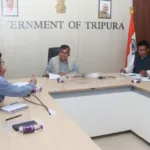

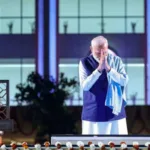


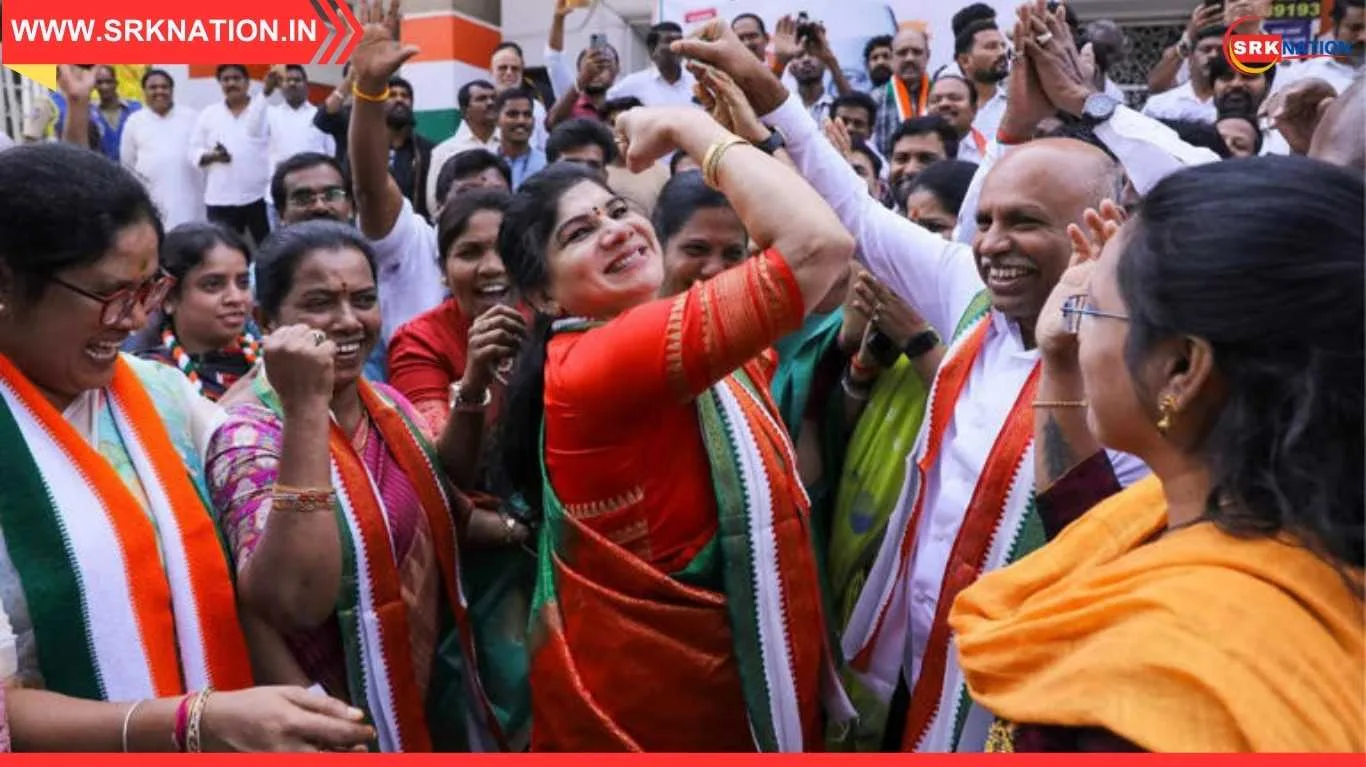
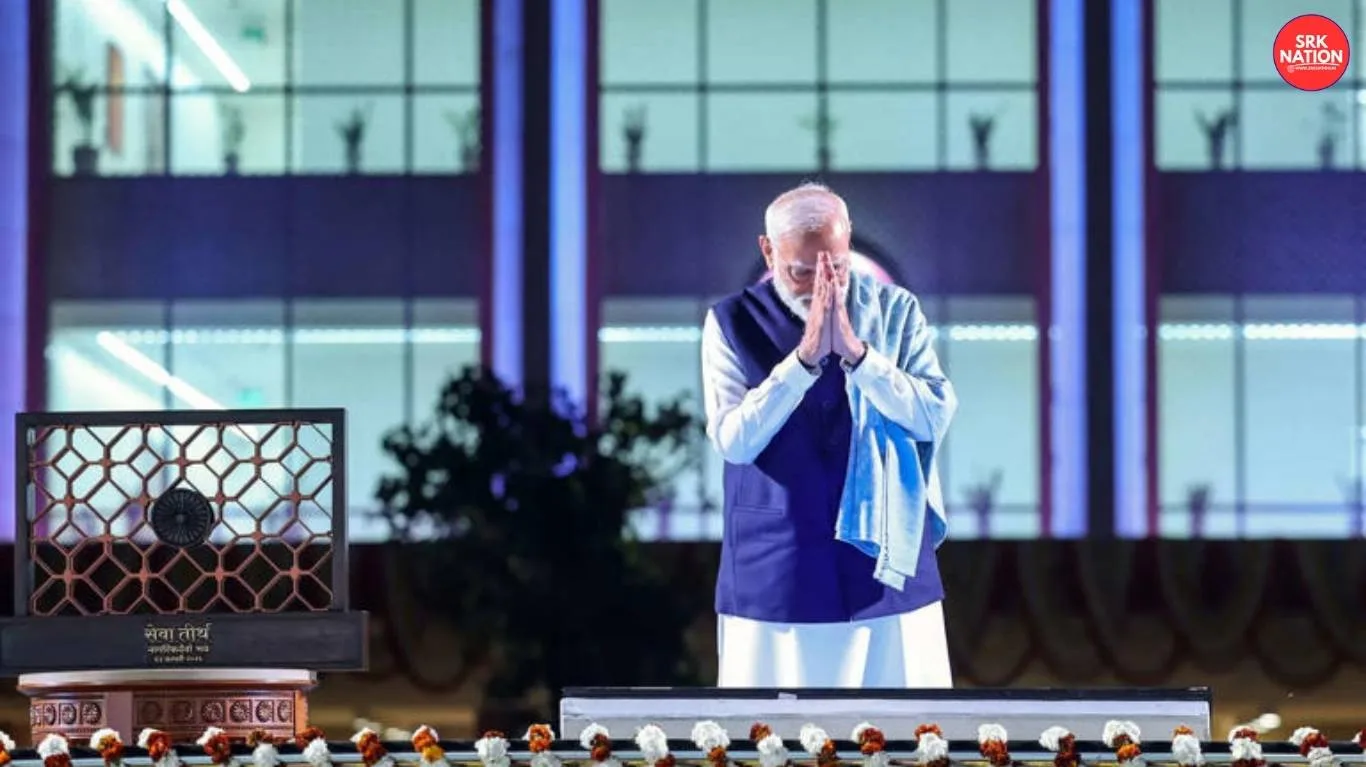
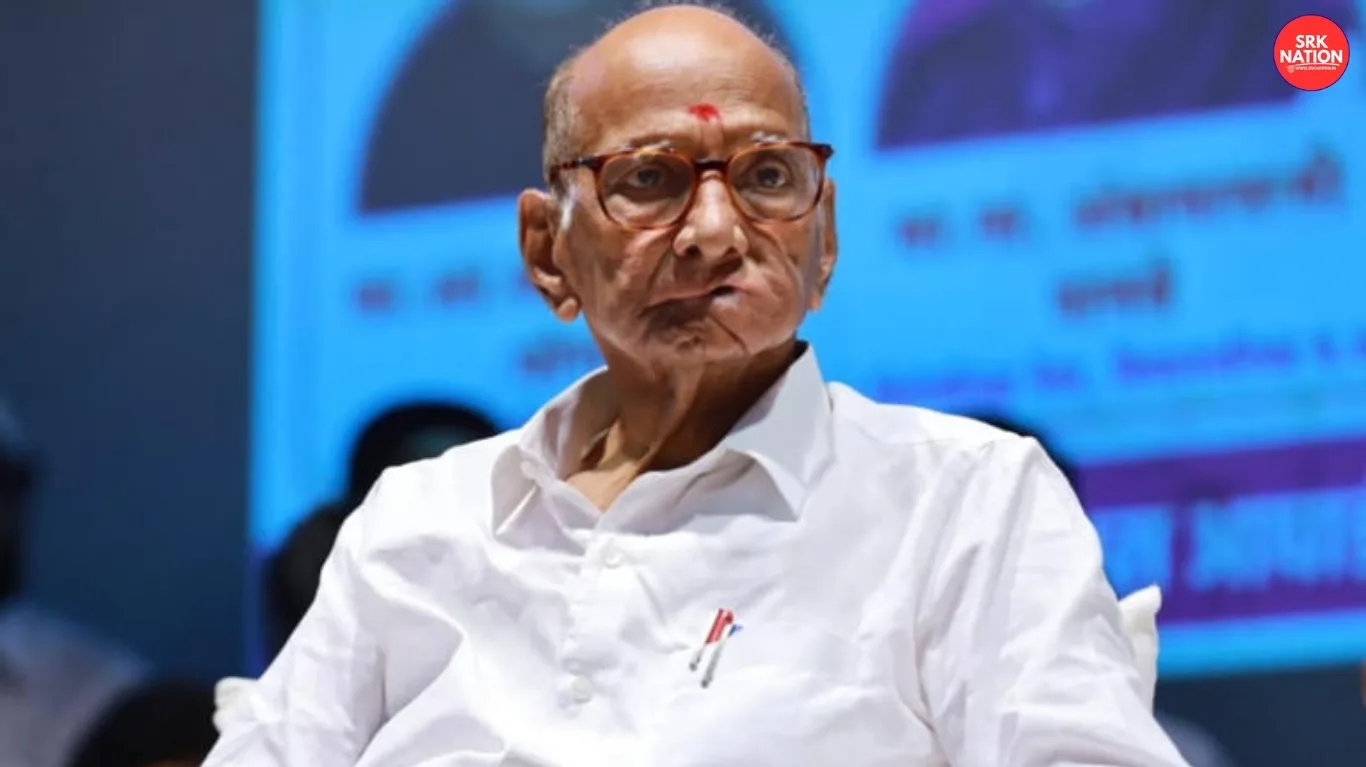
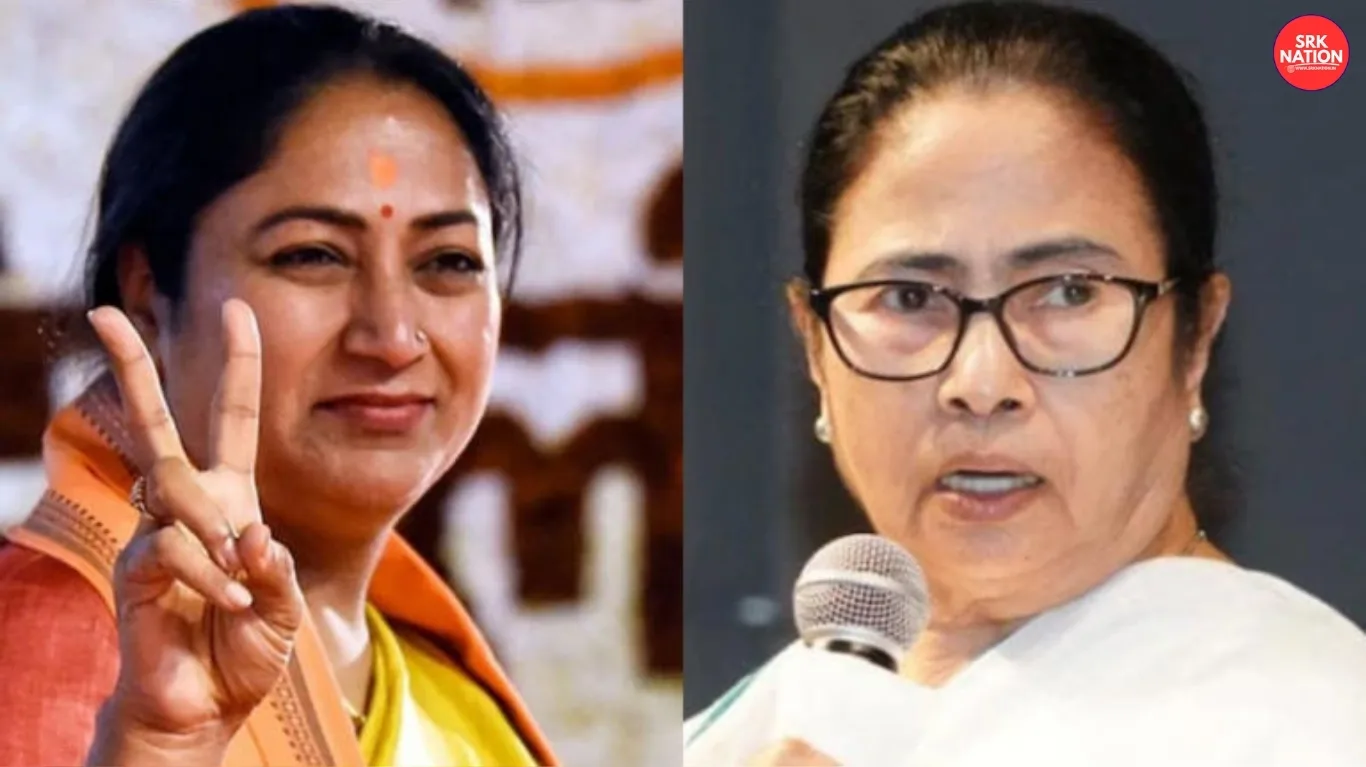
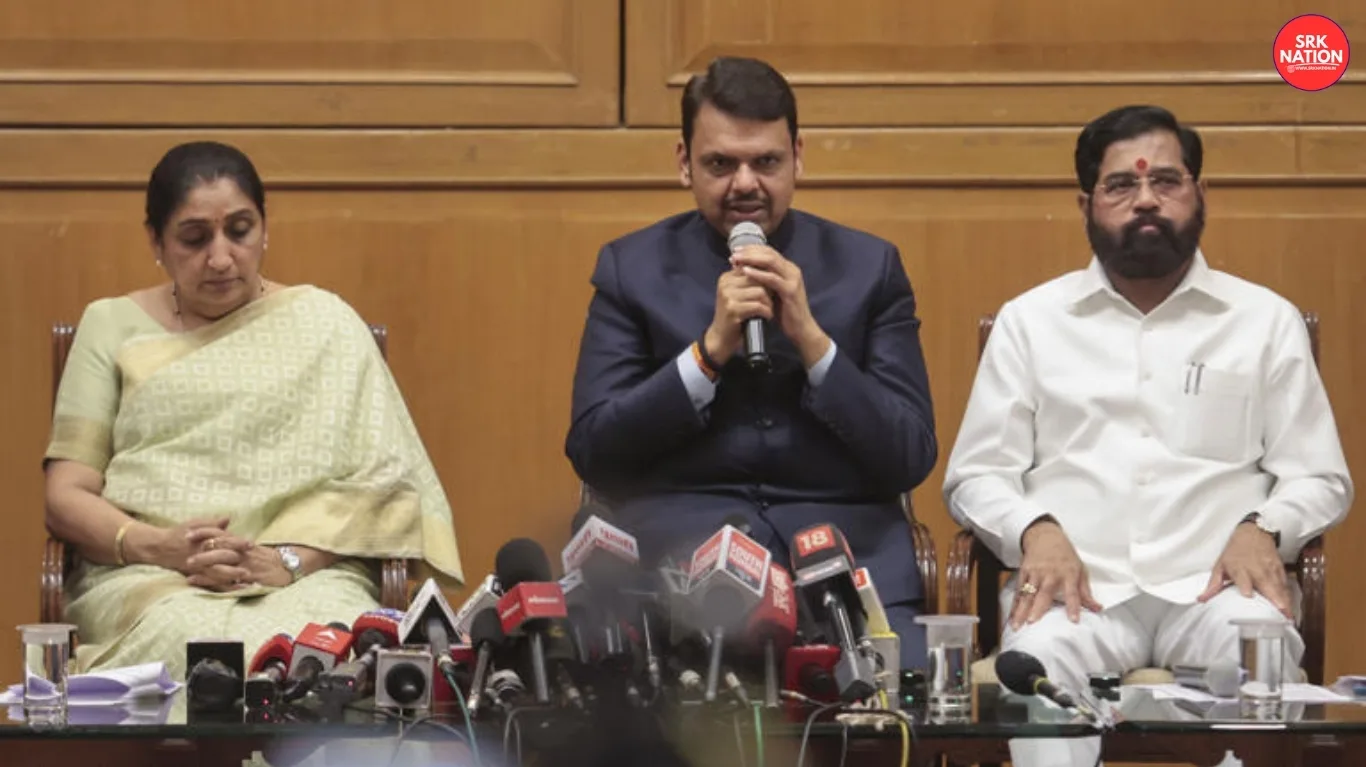
Thank you for your sharing. I am worried that I lack creative ideas. It is your article that makes me full of hope. Thank you. But, I have a question, can you help me?